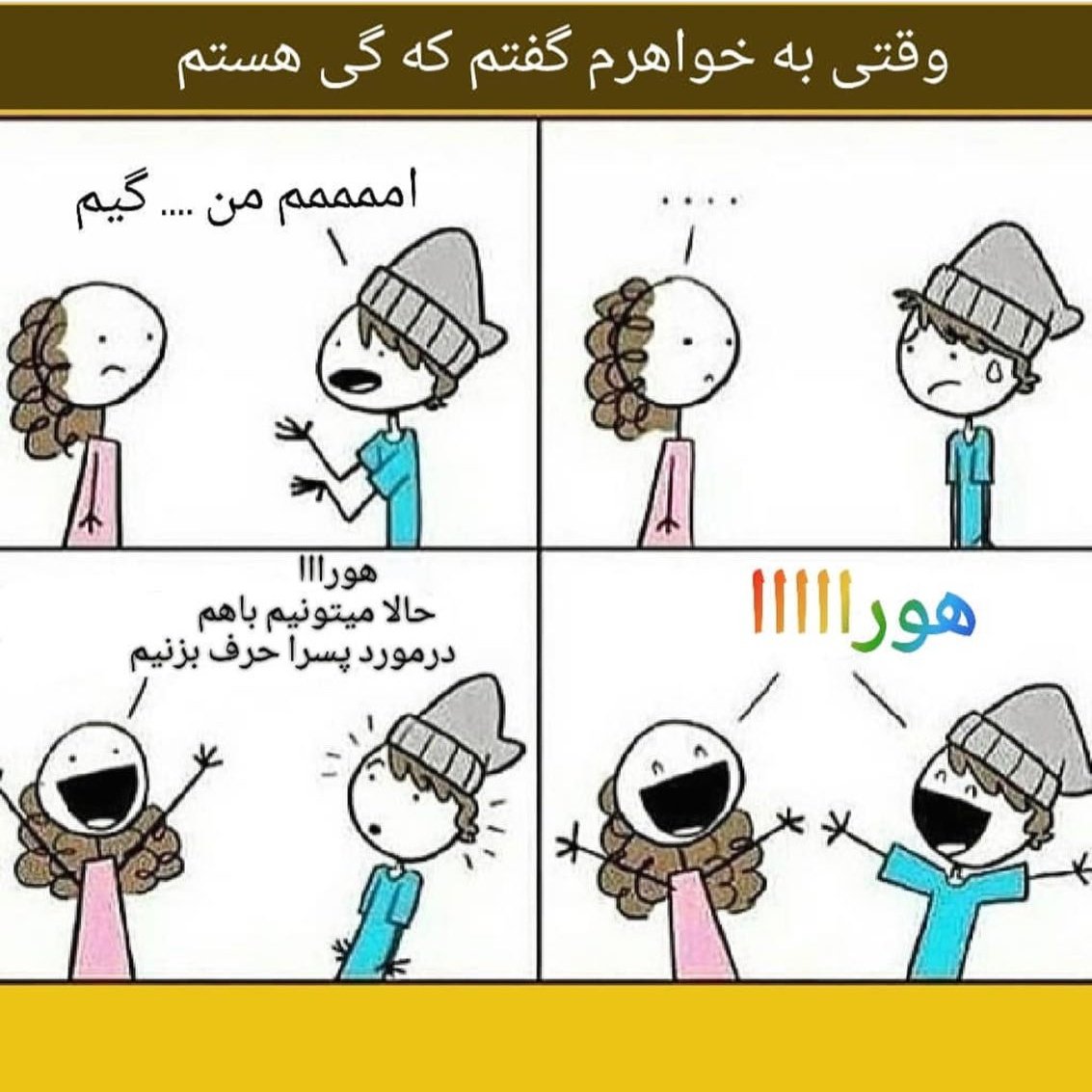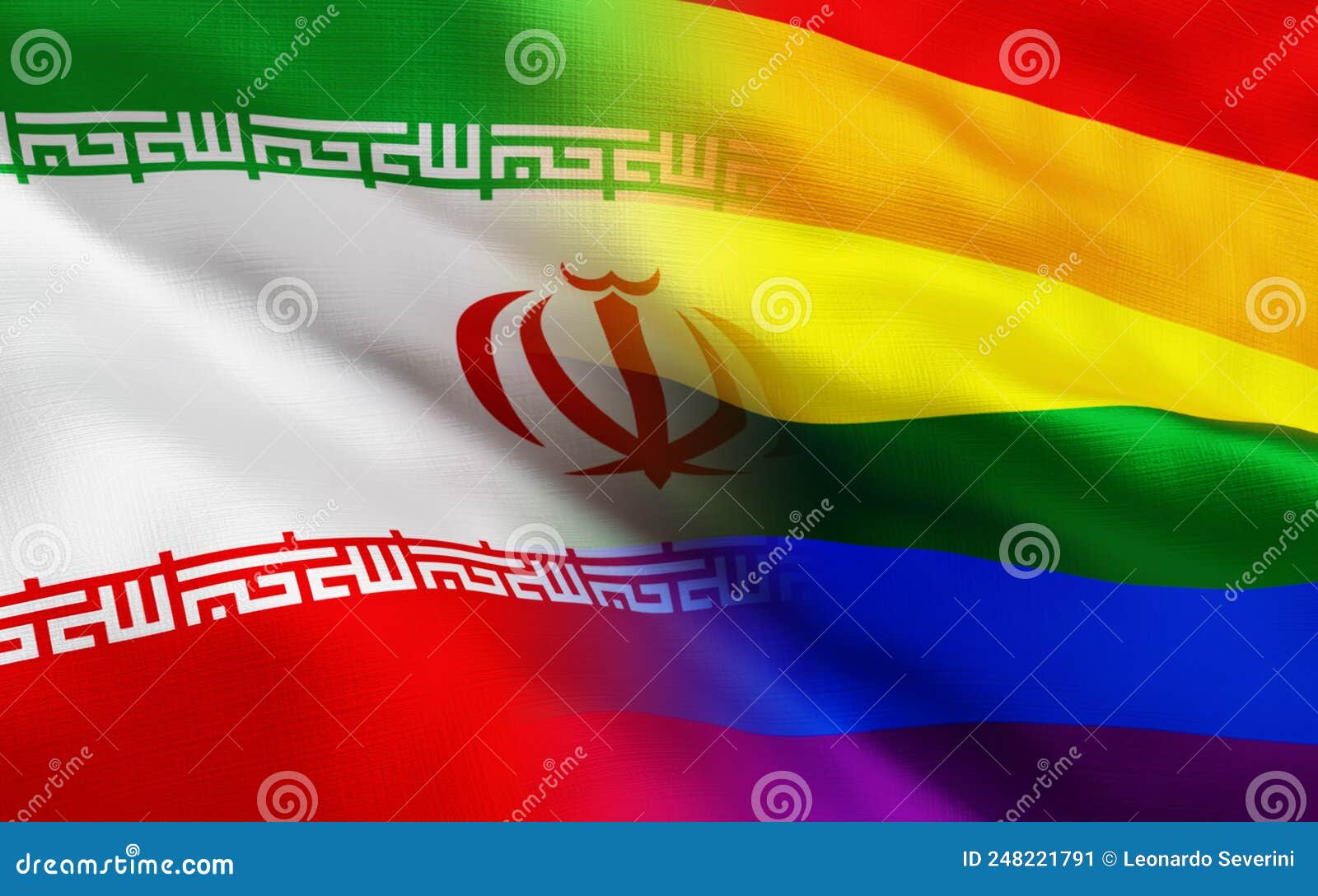The Plight Of LGBT Individuals In Iran: A Human Rights Crisis
In contemporary Iran, the landscape for lesbian, gay, bisexual, and transgender (LGBT) individuals is fraught with severe restrictions and profound challenges. This article delves into the systemic discrimination, legal perils, and human rights violations faced by sexual minorities in the Islamic Republic, drawing on documented cases and reports from various human rights organizations. From the lack of legal recognition to the chilling reality of death sentences for "promoting homosexuality," the situation in Iran stands as a stark reminder of the urgent need for international advocacy and reform.
Understanding the complexities of LGBT rights in Iran requires examining the intersection of legal frameworks, religious interpretations, and societal norms. While the history of LGBT people in Iran spans thousands of years, the current legal and political climate under the Islamic Republic has created an environment where fundamental human rights are routinely denied, leading to immense suffering and a constant struggle for dignity and survival for countless individuals.
Table of Contents
- Systemic Discrimination and Legal Peril
- The Chilling Reality of Death Sentences
- A Government Stance on Sexual Orientation
- Broader Abusive Discriminatory Practices
- The Absence of Legal Recognition
- Victimization by State and Private Actors
- Activism and the Role of Technology
- The Imperative for International Action
Systemic Discrimination and Legal Peril
The legal framework in Iran severely curtails the rights of LGBT individuals, creating a pervasive atmosphere of fear and oppression. Homosexuality is criminalized, carrying penalties that range from flogging to death. Beyond the explicit criminalization, a wide array of fundamental rights that are often taken for granted in other parts of the world are simply non-existent for LGBT people in Iran. This includes the right to marry someone of the same sex, the right to gay adoption, and the right to serve openly in the military. Moreover, there is no legal protection against discrimination based on sexual orientation. This lack of protection permeates all aspects of life, from employment opportunities to access to education. The legal system does not acknowledge the concept of sexual orientation other than heterosexuality, meaning that from a legal standpoint, there are no homosexuals or bisexuals in Iran. This denial of identity further marginalizes these individuals, making it impossible for them to seek legal recourse against discrimination or violence directly related to their sexual orientation. As a result, homosexual individuals in Iran face legal challenges and consequences distinct from heterosexual and cisgender people, exacerbating their vulnerability.The Chilling Reality of Death Sentences
Perhaps the most harrowing aspect of the human rights situation for LGBT individuals in Iran is the imposition of the death penalty for offenses related to homosexuality. Rights groups have consistently highlighted this extreme punishment, which stands in stark contrast to international human rights standards. The use of capital punishment for consensual same-sex relations underscores the extreme measures taken by the Iranian judiciary to enforce its interpretation of Islamic law.The Case of Zahra Seddiqi Hamedani and Elham Choubdar
A particularly egregious example that garnered international attention was the sentencing of two LGBT rights activists, Zahra Seddiqi Hamedani, 31, and Elham Choubdar, 24, to death in 2021. A court in Urmia found them guilty of "corruption on earth," a broad charge often used against those deemed to be undermining the Islamic Republic. Their alleged offenses included "promoting homosexuality," "promoting Christianity," and "communicating with media opposed to the Islamic Republic." This case vividly illustrates the multifaceted dangers faced by activists who dare to speak out or advocate for the rights of LGBT individuals in Iran. Their sentences sent a chilling message to anyone considering challenging the state's rigid social and legal norms, highlighting the severe risks involved in even basic advocacy or communication with external entities. The international community widely condemned these sentences, calling for their immediate reversal and emphasizing the urgent need for Iran to adhere to its international human rights obligations.A Government Stance on Sexual Orientation
The official stance of the Iranian government on homosexuality is unequivocally hostile. This was blatantly admitted by an Iranian member of parliament, Mohsen Yahyavi, who stated that the government believes homosexuals should be executed or tortured, and possibly both. Such declarations from high-ranking officials reinforce the state's institutionalized homophobia and provide a chilling insight into the mindset that underpins the legal and social persecution of LGBT individuals. This rhetoric not only justifies the severe punishments but also fosters a climate where discrimination and violence against sexual minorities are implicitly, if not explicitly, condoned. The very public nature of such statements leaves no doubt about the perilous environment for LGBT individuals in Iran.Broader Abusive Discriminatory Practices
Beyond criminal liability, LGBT Iranians are subjected to a wide range of abusive discriminatory practices that systematically violate their inherent dignity and equality. These practices are not isolated incidents but are deeply embedded in societal structures and state apparatuses. Instances of custodial rape, where individuals are sexually assaulted while in state custody, have been reported by human rights groups, serving as a brutal form of intimidation and punishment. Arrests at social functions, such as private gatherings or parties, are common, often leading to detention and further abuse. The discrimination extends into essential areas of life, severely limiting opportunities for LGBT individuals. Expulsion from educational institutions is a reality for many, effectively denying them the right to an education and hindering their future prospects. Similarly, denial of employment opportunities is widespread, forcing many into precarious economic situations or to conceal their identity to secure work. These practices collectively create a marginalized underclass, pushing LGBT individuals further to the fringes of society and making their lives incredibly difficult and dangerous.The Absence of Legal Recognition
The judiciary in Iran does not acknowledge the concept of sexual orientation other than heterosexuality. This legal vacuum means that from a legal standpoint, there are no homosexuals or bisexuals, only individuals whose behaviors are deemed illicit. This denial of identity is a fundamental barrier to any form of rights protection or recognition. It implies that any issues faced by LGBT individuals are not seen as related to their inherent identity but rather as a result of their "deviant" actions, which are then subject to severe legal penalties. This legal stance ensures that homosexual individuals in Iran face distinct legal challenges and consequences compared to heterosexual and cisgender people, leaving them without any legal standing to claim their rights or challenge discriminatory practices based on their sexual orientation.Victimization by State and Private Actors
Iran's sexual minorities, especially those who identify themselves as lesbian, gay, bisexual, or transgender (LGBT), are victimized both by state and private actors. This dual threat means that persecution comes not only from government institutions and law enforcement but also from individuals and community members. According to Human Rights Watch, "Iran’s sexual minorities, especially those who identify themselves as lesbian, gay, bisexual, or transgender (LGBT), are victimized both by state and private actors in part because those actors" are emboldened by the state's stance. This creates an environment where individuals can face violence, harassment, and discrimination from their families, neighbors, and strangers, knowing that the state will offer no protection and may even condone such actions. This pervasive victimization makes daily life a constant struggle for safety and acceptance for LGBT individuals in Iran.Activism and the Role of Technology
Despite the immense risks, LGBT rights activists continue their vital work, often from outside Iran, to raise awareness and support those within the country. Their efforts highlight the dynamism of Iranian LGBT individuals from both legal and religious perspectives, collecting stories from lesbian, gay, and bisexual individuals in Iran to shed light on their experiences. The advent of technology has provided new avenues for support and information dissemination, offering a lifeline to a community under siege.The 6rang App: A Beacon of Support
One notable example of this technological support is the 6rang app. Designed to educate and support LGBT people who may face violent situations in and out of the family, the 6rang app serves as a critical resource. By installing it, users can stay informed of the latest news and events in Iran and the world related to the LGBT field. Furthermore, it offers valuable facilities such as libraries, articles, reports, and audio and video content, providing much-needed information and community support in a highly repressive environment. This digital lifeline demonstrates the resilience and ingenuity of activists striving to make a difference in the lives of LGBT individuals in Iran. The challenges are immense, as evidenced by extensive research efforts. Many turns were taken to understand the phenomenon of LGBT in Iran by interviewing over 400 individuals (60% male and 40% female) in 3 major Iranian cities. Such research is crucial for understanding the lived experiences and informing advocacy efforts, despite the inherent difficulties of conducting such sensitive studies in a hostile environment.The Imperative for International Action
The international community has a moral and legal obligation to address the human rights crisis faced by LGBT individuals in Iran. As human rights advocates consistently affirm, LGBT rights are human rights. Iran must not violate these fundamental rights by giving religious or cultural reasons. Such justifications cannot supersede universal human rights standards, which are enshrined in international conventions that Iran has, in many cases, ratified. The international community must support LGBTQ+ activists and pressure Iran to change its laws to meet international human rights standards and uphold its obligations. This pressure can take various forms, including diplomatic engagement, targeted sanctions against officials responsible for human rights abuses, and public condemnation. Furthermore, supporting organizations like 6rang and others working on the ground or remotely is crucial for providing direct assistance and advocacy. New laws in other parts of the world have made societies aware of differences and accepted them, demonstrating that change is possible. The egregious situation for LGBT individuals in Iran demands sustained attention and concerted action from global actors to ensure that their inherent dignity and equality are finally recognized and protected.Conclusion
The struggle for LGBT rights in Iran is a deeply challenging and often perilous journey. From severe legal restrictions and the chilling threat of the death penalty to pervasive societal discrimination and violence from both state and private actors, LGBT individuals in Iran face an unrelenting assault on their fundamental human rights. The cases of Zahra Seddiqi Hamedani and Elham Choubdar serve as stark reminders of the extreme risks involved in advocating for basic human dignity. Despite these formidable obstacles, the resilience of activists and the innovative use of technology, such as the 6rang app, offer glimmers of hope and support. It is imperative that the international community continues to amplify the voices of Iran's sexual minorities and exert sustained pressure on the Iranian government to align its laws and practices with international human rights standards. LGBT rights are human rights, and no cultural or religious justification can legitimize their systematic violation. We invite you to share your thoughts on this critical human rights issue in the comments below. What more do you believe the international community can do to support LGBT individuals in Iran? For more in-depth analyses of human rights issues, explore other articles on our site.- Satchel Paige Wife
- Iran United States Claims Tribunal
- Nerkh Dollar Iran
- Jeong Hwan Kong
- Mt Bank Stadium

Lgbt_iran on Twitter: "😎 #گِی…

Waving Flag of LGBT and Iran Stock Illustration - Illustration of money

Iran and LGBT mixed flags stock illustration. Illustration of nation